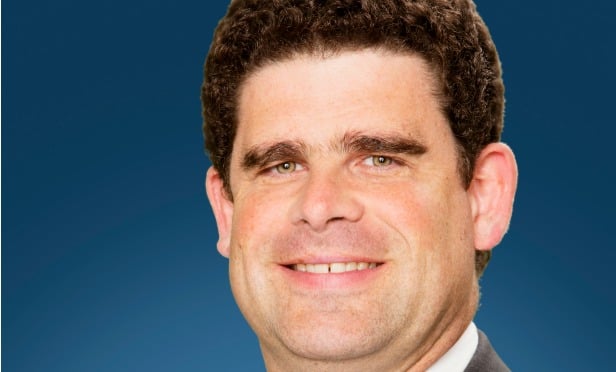Demand for urgent care facilities is spurring major activity, from new development to leases in retail centers. The Affordable Care Act—which gave more people healthcare coverage—has been the driving force of this new demand. The current political narrative around healthcare, and the many efforts to repeal the Affordable Care Act, could diminish that new demand, however. Andrew Fogg, a partner at Cox, Castle Nicholson, sat down with us for an exclusive interview to discuss the effects of healthcare legislation on the burgeoning urgent care market. For now, he says, landlords and developers aren't concerned, but that could all change if healthcare repeal efforts succeed.
GlobeSt.com: How has the Affordable Care Act had an impact on urgent care demand and the trend of urgent care facilities moving into retail spaces, and will the current discussion over healthcare legislation impact that demand?
Andrew Fogg: The simple reality is that as more folks have insurance, they have access to more frequent and earlier care. There are a lot of people who are at the marginal ends of our society who tended previously to rely on emergency rooms as their primary care physicians because they did not have access to insurance or funds to get into an urgent care facility. As you have had an increase in insurance coverage, there has been a corresponding impact on the need for additional medical care providers and additional facilities. If those expansions were going to go away and fewer people were covered, then we can look at our recent history and see that those folks are going to revert back to using emergency rooms as their primary care.
Recommended For You
Want to continue reading?
Become a Free ALM Digital Reader.
Once you are an ALM Digital Member, you’ll receive:
- Breaking commercial real estate news and analysis, on-site and via our newsletters and custom alerts
- Educational webcasts, white papers, and ebooks from industry thought leaders
- Critical coverage of the property casualty insurance and financial advisory markets on our other ALM sites, PropertyCasualty360 and ThinkAdvisor
Already have an account? Sign In Now
*May exclude premium content© 2025 ALM Global, LLC, All Rights Reserved. Request academic re-use from www.copyright.com. All other uses, submit a request to [email protected]. For more information visit Asset & Logo Licensing.









